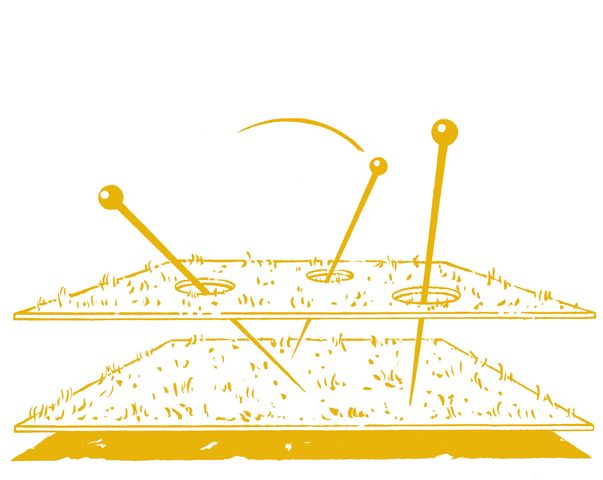Seminar Geo-Politics
Cluster Claiming

A Seminar by Adrian Lahoud, Eyal Weizman, Nabil Ahmed, and Godofredo Pereira
In the gestalt of human rights work, political and military conflict and its environmental conditions seem to occupy opposite ends of the epistemic spectrum. This seminar developed operative concepts able to work across this divide.
“Field causalities” for example is a concept that allowed us to connect individuals, environments, and artifices. The field is not an isolated, distinct, stand-alone object, nor is the environment a neutral background on or against which human action takes place. Rather, it is a thick fabric of lateral relations, associations, and chains of actions between material things, large environments, individuals, and collective action. It connects different physical scales and scales of action.
The seminar challenged contemporary ways of understanding violence because they demand a shift in explanatory models and structures of causation. From a perspective informed by an understanding of field causalities, the analysis of armed conflict can no longer conform to the model of criminal law that seeks to trace a direct line between the two limit figures of victim and perpetrator, or between the two ends of a smoking gun. Establishing field causalities requires the examination of force fields, causal ecologies, that are non-linear, diffused, simultaneous and involve multiple agencies and feedback loops. Whereas linear causality entails a focus on sequences of causal events, field causality involves the spatial arrangement of simultaneous sites, actions and causes.
Field causalities is a useful frame for describing forms of violence that are not punctual, but rather slow and continuous, without clear beginnings or ends—those which might be considered to constitute an endless war defined by the permanent clash of multiple forces. Drawing on Locard’s principle that “every contact leaves a trace,” a fundamental for modern forensics, the seminar suggested that in certain contexts “the contact and the trace drift apart.” In a loop of positive feedback, the effects of human-induced climate change—such as the desertification in the Sahel—aggravate conflicts along it, while these armed conflicts in turn further aggravate the destruction of the environment.
Listen to the Resumee Session on the Seminar “Geo-Politics”.
See also the case study on “Geo-Politics” presented during the opening weekend of the Campus by Adrian Lahoud.